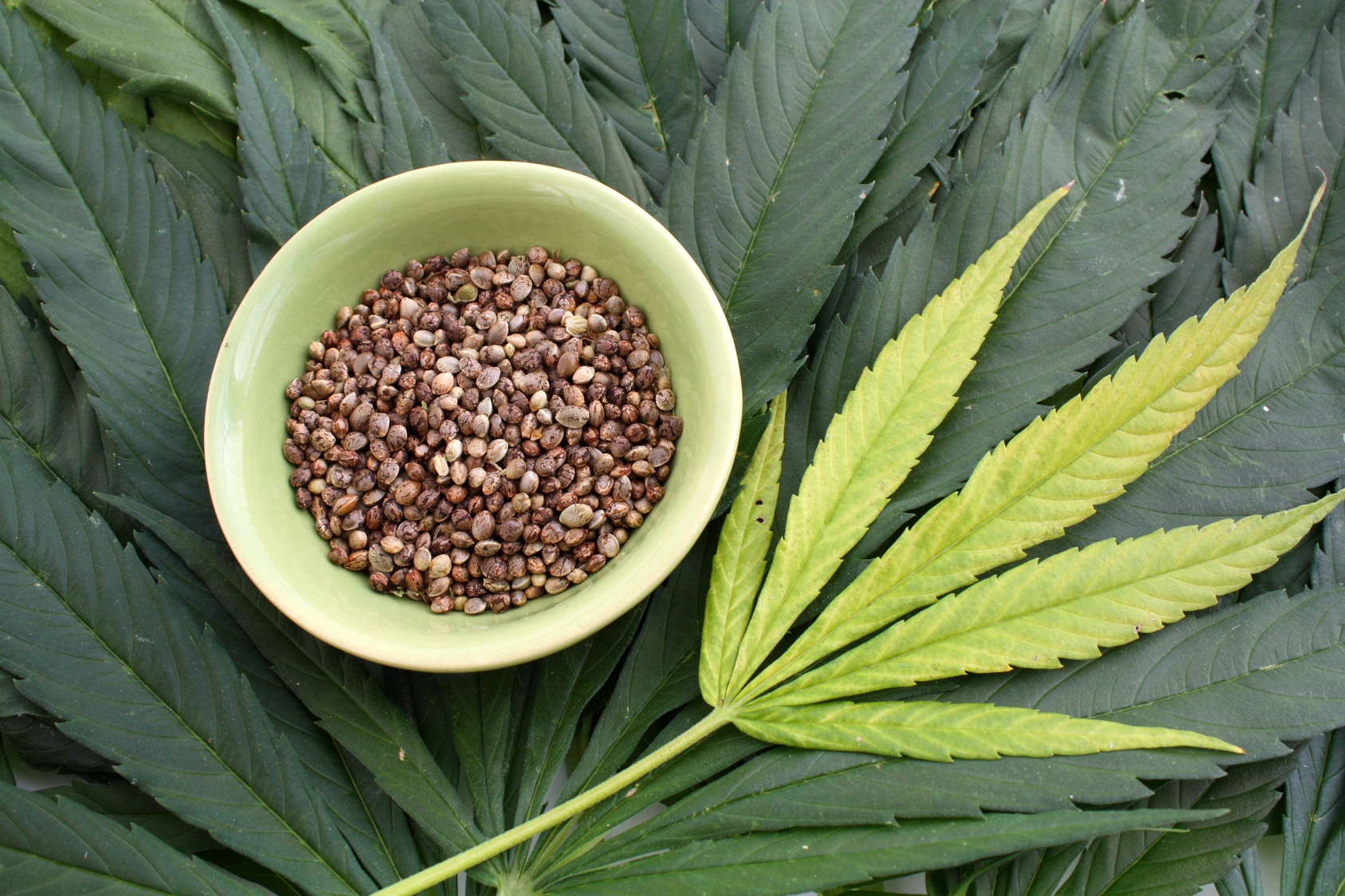
Cannabis vs Hemp: Differences You Should Know About
With all the recent talk of the legalization of marijuana in over half of the country, more people are talking about the plant than ever.
But these discussions also lead to some pretty bad misinformation. Namely, there seems to be a common misconception that marijuana and hemp are the same things.
And while they do share some basic elements in common, this couldn’t be further from the truth. From their respective uses to state laws, we’re breaking down the biggest differences between cannabis vs hemp.
Cannabis vs Hemp: What’s the Difference?
Using Cannabis
We’ll get this one out of the way: Yes, cannabis is mainly used for smoking. That isn’t to say that recreational enjoyment is its ONLY purpose. Far from it, in fact. Yet, it is the key reason people harvest and use the plant.
Traditionally, marijuana is ingested in one of a few ways.
First is the standard smoking method. This one likely doesn’t need an explanation. It’s been around for thousands of years.
Next, some users tend to prefer the concentrated properties of THC oil. It contains tons of health benefits that are known to help cancer, anxiety, and seizures. In fact, THC oil can even be made into a skin cream to treat extreme cases of inflammation.
But the simplest ingestion method involves making edibles. A user creates a baked good and adds trace amounts of cannabis to the recipe.
Growing Cannabis
Cannabis is far more difficult to grow than hemp. It requires the right amount of light with the perfect temperature.
Speaking of plant growth, another key difference is size. And while cannabis and hemp look quite similar, there are some easy ways to tell them apart.
Cannabis plants are often smaller, shorter, and wider than hemp plants. If you’re looking for a distinction, think of it this way: Cannabis grows out while hemp grows up.
Using Hemp
If cannabis is known as the recreational plant, hemp is its industrial brother.
Records show that hemp has been a massive staple in everything from clothing to buildings for centuries. Thanks to its long, thick fibers, hemp extract is an ideal choice for making some of the following:
- Rope
- Paper and cardboard
- Fabrics
- Bed sheets
- Plastic
- Fuel
There are so many uses for hemp that it’s become one of the world’s leading resources!
Let’s look at paper production, for instance. It’s estimated that one acre of hemp can produce as much as two to four acres of trees. It’s literally a greener solution to manufacturing.
And while you’re free to ingest it, you’re not going to get the same experience as cannabis. While hemp does contain an amount of THC, it doesn’t compare to the amount found in cannabis leaves.
Growing Hemp
Unlike cannabis, hemp is known to be far more forgiving in terms of production and growth. It requires less upkeep, nutrition, and maintenance.
Believe it or not, hemp extract is even healthy. Hemp seeds are high in protein as well as omegas 2 and 3, so sprinkle some on your salad next time you need more protein.
Cannabis vs Hemp: A Final Note
One final note: Both are technically classified as a drug. So, before you go about setting up your hemp crop, check with your state’s laws and regulations.
Each plant has its own distinct advantages. Cannabis, on one hand, is great for medical and recreational uses. In contrast, hemp is an industrial giant, playing a part in many products we love today.
Some might think of cannabis vs hemp as a competition. However, the reality is that both are great complements to each other.
Be sure to sign up for a free Article City account for more great content!
